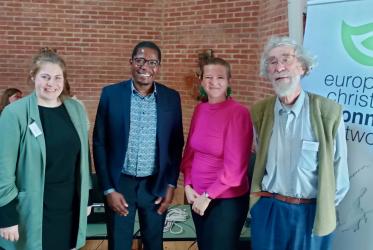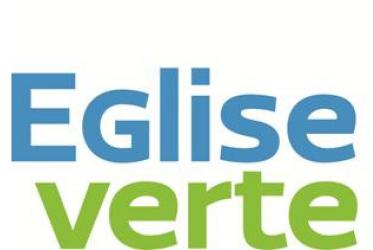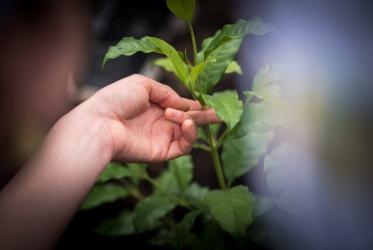Affichage de 1 - 20 de 113
Un colloque œcuménique de réflexion théologique sur l’écologie
18 Février 2021
Churches should use their voice on climate change
26 Février 2020
Greenland’s grand Gospel preacher
07 Février 2020
La grande prédicatrice de l’Évangile du Groenland
07 Février 2020
A humble servant in God’s herd
10 Juillet 2019
“There are no spare parts for whales”
13 Juin 2019








